I was a high achiever in high school, I had a 4.0, IB diploma and I got into my first choice school in the Ivy League on the other side of the country.
I didn’t think twice and I headed straight there without a doubt in my mind.
Once I got there, however, I realized I had no idea what I wanted to major in, I wasn’t sure how to fit in with the predominantly east coast crowd and I had no idea who I was outside of the classroom or the soccer field.
I gained the dreaded “freshman fifteen” because, like for so many of us, food became my coping mechanism for stress and the unlimited fro-yo that was part of my meal plan didn’t help.
I eventually righted myself, quit soccer, found music, got a job and started to travel internationally which lead to a lot more opportunities for me. However, I didn’t figure out what I wanted to major in until it was too late to change it.
I think if I had spent the time to ask myself the following questions BEFORE going to school, I would have spent my time very differently.
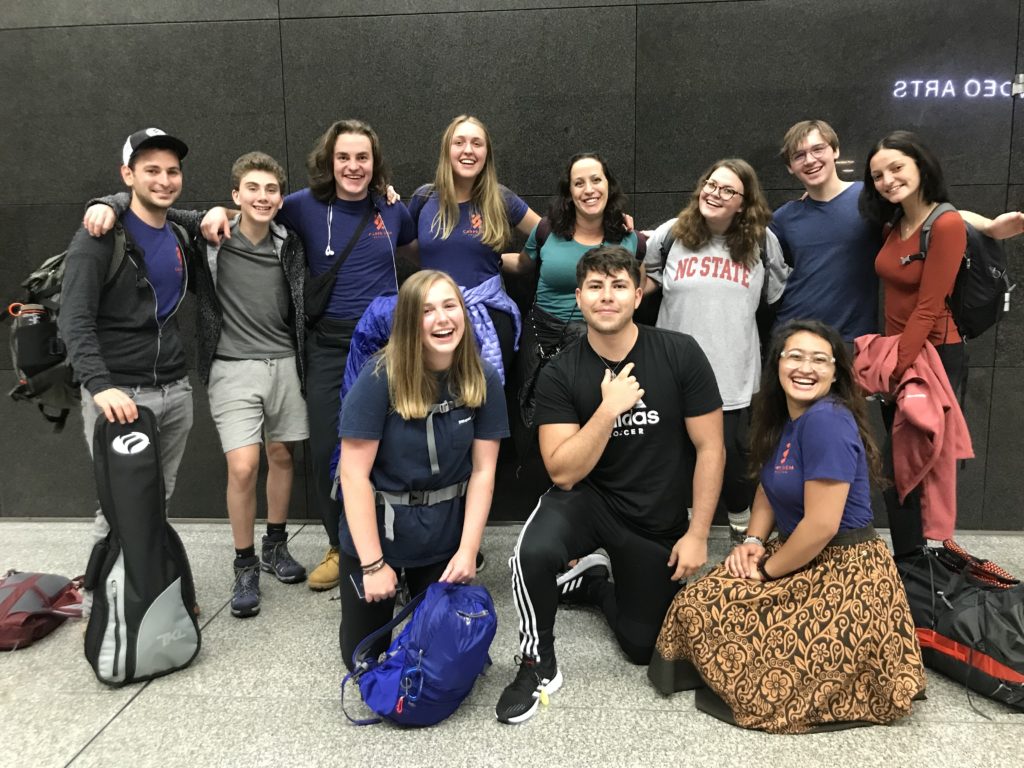
1. If I could do anything for a year, what would it be?
Most students never take the time to ask themselves this question, I certainly didn’t.
I like to ask this question to students and see what answers I get. After a little bit of consideration, most students say “travel the world,”, “tour the world with a musical group,” “intern in a health clinic,” “learn to play an instrument,” “play on a semi-professional sports team,” “push my comfort zone” etc.
Never have I heard anyone answer, “sit in a classroom for a year.”
The thing is, the year after you graduate from high school is probably the most likely time that you can do whatever the answer to this question is.
You likely don’t yet have outstanding student loans, you are probably still on your parents’ health insurance, you probably don’t have a lot of other responsibilities like rent, pets, mortgages, children, life partners etc. Additionally, you are at the best developmental age for learning and adventure.
Whatever the answer to this question, there is a probably gap year program for that or you can arrange it yourself. Colleges have amazing opportunities too, but you have to know what they are before you get there in order to take advantage of them your first year.
Many gap year programs abroad offer college credit, so you can make this “dream” a part of your college path and still complete college in four years and at the same cost.
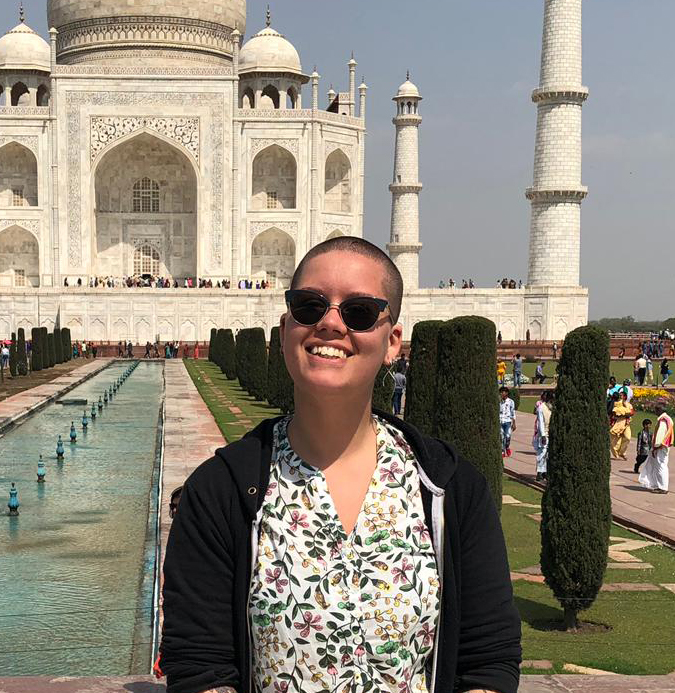
2. Am I ready for college both academically and emotionally?
I had very strong study skills going into college and was academically prepared by my IB courses in high school. Because of this, I assumed that I was ready for college. I didn’t think to ask myself if I was emotionally prepared for college. Looking back now, I can honestly answer that no, I wasn’t emotionally prepared.
My whole life in high school was school and soccer. I didn’t have much experience with diverse groups of people, living independently from my parents, managing my own time, or making wise financial decisions for myself. When I got to school and was confronted with all these at once, it felt like a little too much. I lost sight of my own identity and tried to be like everyone else.
If you feel like you might be in the same boat, consider taking a structured gap year or gap semester group program.
Most structured programs are designed to give you the emotional awareness and reflective space that you need to recognize your needs, confront diverse people and points of view, develop conflict management skills, and become more independent.
Think of a structured gap year program as a class in “adulting”, but with advantages like more support and direction than the college experience can offer.
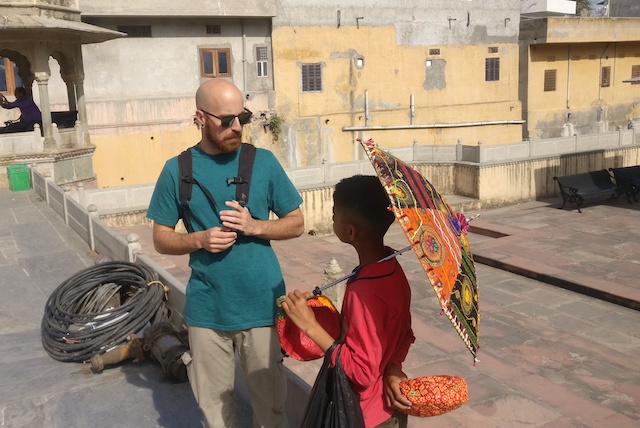
3. Do I know what I want to major in?
When I got on campus, I had no idea what I wanted to major in. I liked history in high school so I took some history classes and by the time I was forced to declare a major, I was already half-way to a history major so I just stuck with it.
Let’s just say that other than the odd trivial pursuit answer about the Opium War from my pre-1800 Chinese history class, I haven’t used my history major since the day I graduated.
I really wish I had had the foresight to choose an international studies, economics or education major. To get these, I had to go back to school and study them in grad school (which was a very expensive endeavor) so that I could have the career that I wanted.
Some universities make you choose you major right away and put you into a “track,” others let you wait until the end of your sophomore year to declare. Either way, if you don’t have a good idea now, it will take a lot of exploring to find out what you are most interested in.
The problem with exploring your interests in college? It’s expensive! Additionally, you can only take a few classes at a time so it might take a few semesters to figure it out. Before you know it, you are going into your junior year and may still be unsure of your major.
Gap year travel programs are designed to maximize your exploration opportunities in a short time period.
Structured programs often have many different activities, so you can “try on” a bunch of things. Sometimes, figuring out what you’re not interested in might be just as important as finding new passions!
In one semester you can study a new language, work on a conservation project, learn about a new religion, work in a public health clinic, push yourself physically, teach English and learn about climate change and politics. I call this the “smorgasbord” method of deciding what most interests you.
Time and time again, students report that they have found new interests and feel more ready for college and declaring a major after their gap year.
If you do know what you want to major in, you may still want to consider a gap year. Pre-med? Pre-law? You will be in school for the next 7-10 years. This might be your last chance to take a break from the books and explore other interests.
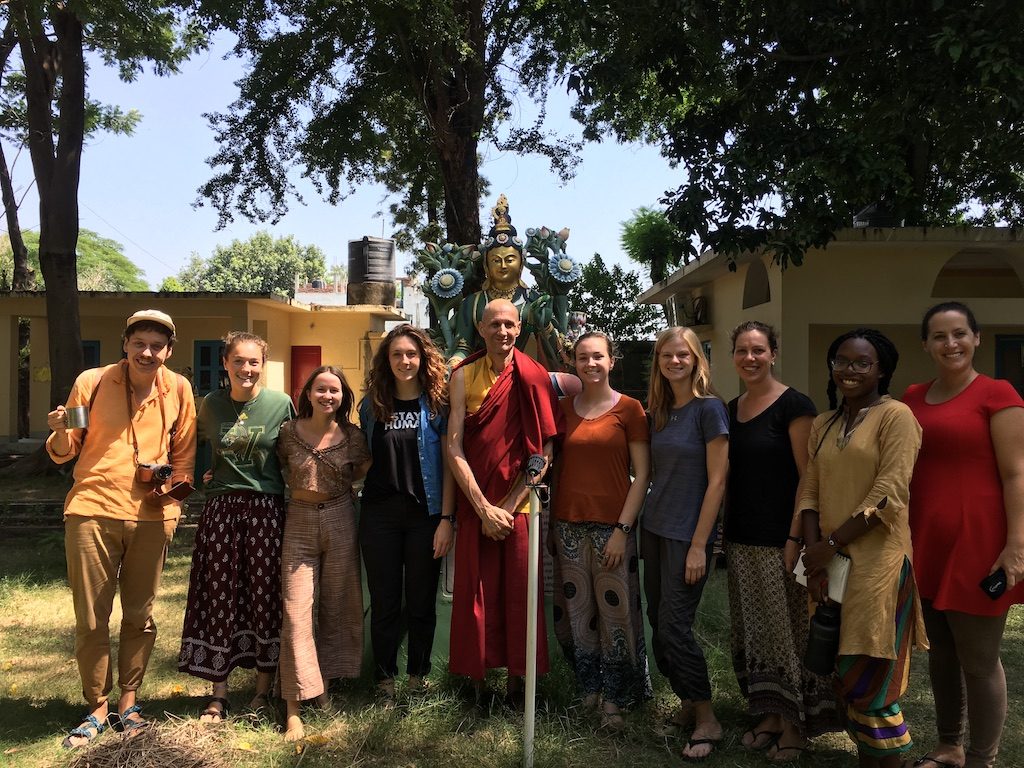
4. What are my (and my parents) goals for me in the next year?
For the last twelve plus years of your life, you have been told that the next step is to move “up” to the next grade level. You probably haven’t been asked what you want to learn next.
No one asked me, I just assumed that the “next step” after high school was college. Thinking back, I’m not sure what I would have said I wanted to learn but I know that my interests would not have been solely focused on academic goals.
Perhaps I would have said: gain independence, try new things, push my comfort zone, meet new people, learn more about myself. I didn’t know it at the time, but now I know that these skills are more quickly learned outside the classroom than inside.
When I was deciding on my first choice college, I felt pressure from my parents to go directly to college and to go to the best college I possibly could. Now, I realize that this pressure was not actually from my parents but that I put this pressure on myself.
My parents would have been even more proud of me had I decided to move to Rwanda (or anywhere else in the world) for a year because they would know that I had really considered all of my options. I made assumptions about my parents’ expectations without actually asking them what they wanted for me.
Have you asked your parents what they think or are you making assumptions too? My biggest regret is that I didn’t have this conversation with my parents before I started college.
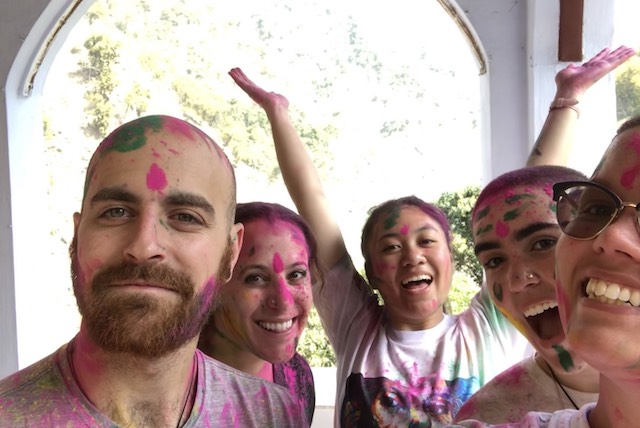
5. When I look back at this transition in my life, what do I want to be most proud of?
Looking back on my college experience, everything that I am most proud of, I achieved in my junior and senior years.
My junior year I took a term off and did a semester of solo travel and volunteer work in Nepal. After traveling abroad, I took classes that really fired me up. I got more involved in the college community, I lead an alternative Spring Break program to Nicaragua, planned and led a choir tour to Japan, and created a network of people who still support me to this day.
In hindsight, the things that I really feel grateful for are not my classes, or my grades, my soccer team, or my sorority sisters, but rather the things that I took the initiative to do on my own.
My one wish is that I had done these things sooner. Perhaps these questions will empower you to make the best decisions for your own educational journey. And if you’d like to talk about your options for taking a gap year before college, click here to talk with one of our gap year experts!
